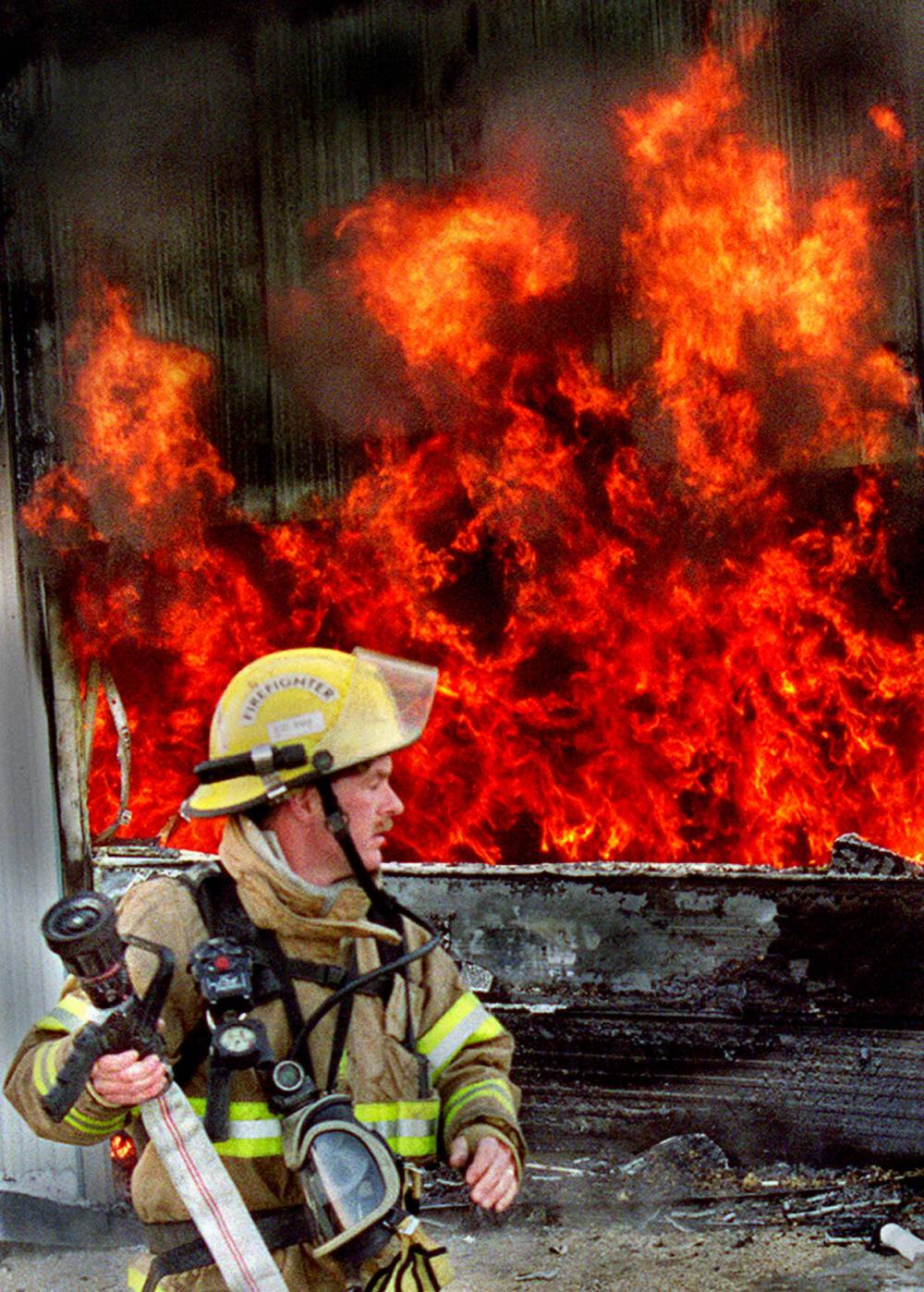Sluggish response to apartment fire triggers renewed call for resources, changes from firefighters’ union
Advertisement
Read this article for free:
or
Already have an account? Log in here »
To continue reading, please subscribe:
Monthly Digital Subscription
$1 per week for 24 weeks*
- Enjoy unlimited reading on winnipegfreepress.com
- Read the E-Edition, our digital replica newspaper
- Access News Break, our award-winning app
- Play interactive puzzles
*Billed as $4.00 plus GST every four weeks. After 24 weeks, price increases to the regular rate of $19.00 plus GST every four weeks. Offer available to new and qualified returning subscribers only. Cancel any time.
Monthly Digital Subscription
$4.75/week*
- Enjoy unlimited reading on winnipegfreepress.com
- Read the E-Edition, our digital replica newspaper
- Access News Break, our award-winning app
- Play interactive puzzles
*Billed as $19 plus GST every four weeks. Cancel any time.
To continue reading, please subscribe:
Add Winnipeg Free Press access to your Brandon Sun subscription for only
$1 for the first 4 weeks*
*$1 will be added to your next bill. After your 4 weeks access is complete your rate will increase by $0.00 a X percent off the regular rate.
Read unlimited articles for free today:
or
Already have an account? Log in here »
A slow response time to an apartment fire in south St. Vital Friday morning has renewed calls from the firefighters’ union for more resources and a renegotiation of the city’s fire-paramedic agreement.
United Firefighters of Winnipeg president Nick Kasper said it took twice as long as it should for a crew to get to the blaze on Meadowood Drive because the closest fire trucks were out on “low-priority” medical calls.
Firefighters were sent to the four-storey building at about 9 a.m. Crews declared the fire under control within a half-hour.

JOE BRYKSA/FREE PRESS FILES
The City of Winnipeg city operates 40 fire-rescue units out of 27 stations and has 167 firefighters on duty, which the United Firefighters of Winnipeg says is less than it was in 1975.
Two residents were assessed by paramedics, and one was taken to hospital. Damage was contained to the suite where the fire started.
According to Kasper, it took 15 minutes — nearly double the North American standard time of eight minutes — for a crew to arrive on scene.
“We need to see some investment in our in our firefighting resources, both in firefighters and fire trucks,” he said Friday. “Over the years as we’ve seen the population of Winnipeg increase and we’ve seen our call volume increase exponentially… we’ve seen our fire apparatus availability decline.”
The city operates 40 fire-rescue units — engines, rescues and aerial ladders — out of 27 stations and has 167 firefighters on duty, which the president says is less than it was in 1975.
According to city datasets, WFPS crews responded to 146,251 calls in 2024 — more than double the 61,566 calls in 2015 — yet staffing levels have remained stagnant.
A similar demand from the union came last month after it said it took more than nine minutes for a fire truck to reach a house fire in River Park South.
Crews were called to Southwalk Bay at about 7:40 p.m., but by the time they arrived, the fire was already out of control and had spread to a neighbouring home.
With no fire engine available at Station 26 on Dakota Street, units had to be dispatched from other stations across the city — some as far as 20 minutes away.
The house was a total loss.
City spokesperson Kristin Cuma did not respond to questions about the response to Friday’s Meadowood blaze.
Scott Wilkinson, deputy chief of fire-rescue operations with the WFPS, said in an email Friday that time-dependant medical calls take priority for the closest available fire and paramedic units.
“This makes them unavailable to respond to other emergencies, and when this occurs the next closest unit is assigned,” Wilkinson said.
The WFPS provides all emergency medical services on behalf of Shared Health, but with more than 80,000 medical calls per year Kasper says maybe it’s time to renegotiate the contract.
“When we initially signed this service purchase agreement two decades ago, we didn’t have the population that we have today, and we didn’t have the call volume we have today,” he said. “We’ve taken that responsibility on willingly, but we haven’t added any fire resources.”
Of the 146,251 calls to WFPS last year, 122,129 were medical responses.
The union estimates it’s seeing call volumes exceeding what it anticipated they would be in 2040. While Kasper agrees the partnership provides more efficient service than ambulances alone, if more resources aren’t added to the service soon it might have to draw a line in the sand on the types of calls it responds to.
“If we’re not fulfilling our primary responsibility, I don’t think we have the capacity to take on additional responsibilities,” he said.
The service agreement for fire-paramedic services between the city and Shared Health is due to be renewed in three years, he said.
Mayor Scott Gillingham was unavailable for an interview Friday but said in a statement the city would be analyzing recent additions to fire-paramedic services before making further decisions on WFPS service delivery.
“And that’s the approach we’ll continue to take as we work through the upcoming budget,” the statement said.
The city has hired 24 firefighters, opened two new stations, purchased five new trucks and launched a new priority dispatch system to “optimize medical responses” in the last year, according to the mayor’s statement.
nicole.buffie@freepress.mb.ca




